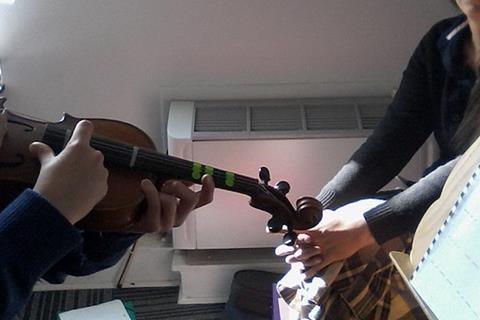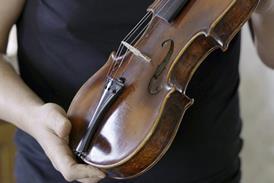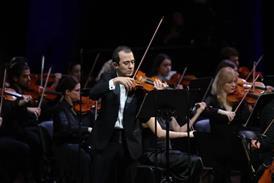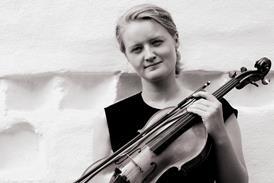An American study, involving more than 112,000 student records, shows that music education improves performance in maths, science and English

An American study has shown that music students at high school score significantly better on exams in maths, science and English than their non-musical peers.
The study, published by the American Psychological Association in the Journal of Educational Psychology, involved all students in British Columbia who started the first grade between 2000 and 2003; completed the last three years of high school; had completed at least one standardized exam for maths, science or English (10th or 12th grade); and for whom there was appropriate demographic information (e.g., gender, ethnicity, neighbourhood socioeconomic status) available.
Of the more than 112,000 student records studied, approximately 13% of the students had participated in at least one music course in grade 10, 11 or 12. According to the study’s author Peter Gouzouasis, PhD, of the University of British Columbia: ‘Students who participated in music, who had higher achievement in music, and who were highly engaged in music had higher exam scores across all subjects, while these associations were more pronounced for those who took instrumental music rather than vocal music.’
He continued, ‘On average, the children who learned to play a musical instrument for many years, and were now playing in high school band and orchestra, were the equivalent of about one academic year ahead of their peers with regard to their English, mathematics and science skills, as measured by their exam grades.’
Tthe consistency of the associations across all three subject areas (math, science and English), which continued to be significant even when the researchers controlled for demographic factors such as gender, ethnicity, socioeconomic background and prior achievement on similar exams in seventh grade.
Gouzouasis believes that certain skills learned in band, orchestra, and conservatory music lessons transfer to adolescents’ school education.
‘Learning to play a musical instrument and playing in an ensemble is very demanding. A student has to learn to read music notation, develop eye-hand-mind coordination, develop keen listening skills, develop team skills for playing in an ensemble and develop discipline to practice. All those learning experiences play a role in enhancing children’s cognitive capacities and their self-efficacy,’ he said.
The researchers hope that their findings are brought to the attention of students, parents, teachers and administrative decision-makers in education, as many school districts in the past have emphasized numeracy and literacy at the cost of other areas of learning, particularly music.
‘Often, resources for music education - including the hiring of trained, specialized music educators, and band and orchestral instruments - are cut or not available in elementary and secondary schools. The argument has frequently been that we need all our money to focus on math, science and English,’ said Gouzouasis.
‘The irony is that music education - multiple years of high-quality instrumental learning and playing in a band or orchestra or singing in a choir at an advanced level - may be the very thing that improves all-around academic achievement and an ideal way to have students learn more holistically in schools.’



































No comments yet